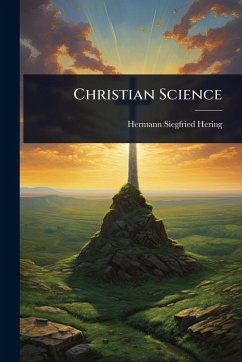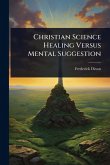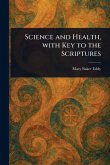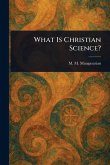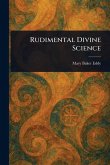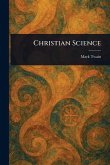âChristian Science: The Science of Salvationâ explores the foundational principles of Christian Science, offering readers a comprehensive understanding of its teachings and practices. Hermann Siegfried Hering delves into the core tenets of this religious system, emphasizing its unique approach to healing, spirituality, and the relationship between mind and body. The book provides insights into the life and work of Mary Baker Eddy, the founder of Christian Science, and elucidates the metaphysical concepts that underpin its theology. This volume examines the application of Christian Science principles to everyday life, demonstrating how faith and understanding can lead to profound personal transformation and well-being. It serves as an invaluable resource for those seeking to deepen their knowledge of Christian Science and its transformative power. This work has been selected by scholars as being culturally important, and is part of the knowledge base of civilization as we know it. This work was reproduced from the original artifact, and remains as true to the original work as possible. Therefore, you will see the original copyright references, library stamps (as most of these works have been housed in our most important libraries around the world), and other notations in the work. This work is in the public domain in the United States of America, and possibly other nations. Within the United States, you may freely copy and distribute this work, as no entity (individual or corporate) has a copyright on the body of the work. As a reproduction of a historical artifact, this work may contain missing or blurred pages, poor pictures, errant marks, etc. Scholars believe, and we concur, that this work is important enough to be preserved, reproduced, and made generally available to the public. We appreciate your support of the preservation process, and thank you for being an important part of keeping this knowledge alive and relevant.
Bitte wählen Sie Ihr Anliegen aus.
Rechnungen
Retourenschein anfordern
Bestellstatus
Storno

